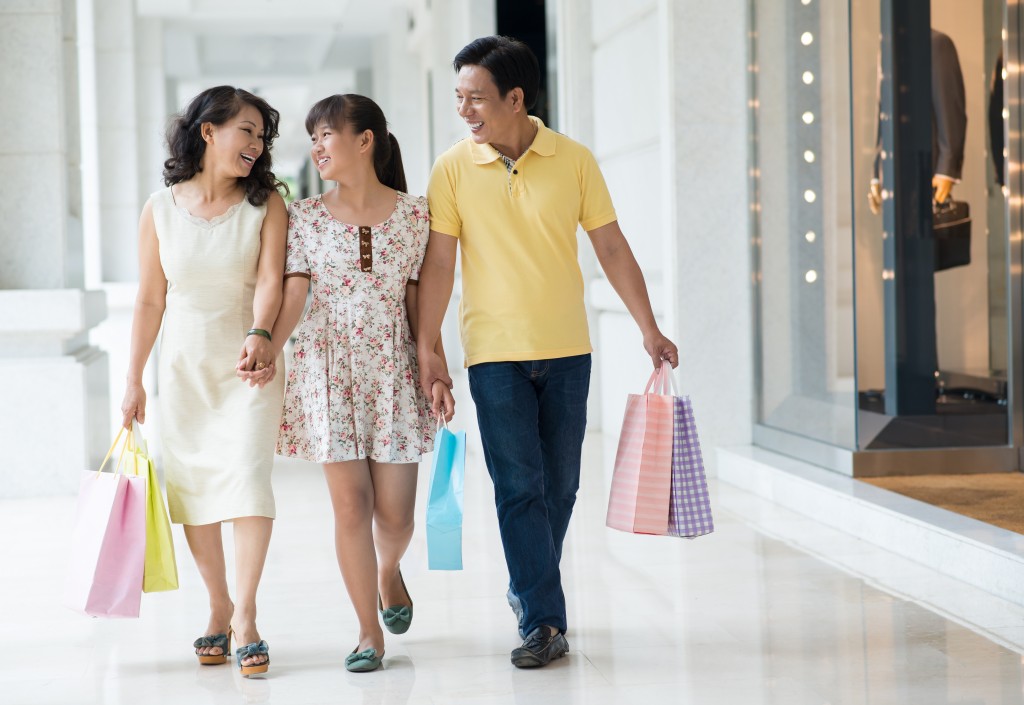Picture yourself planning a vacation in today’s pandemic-influenced world. Since travel is restricted, you search for somewhere local, preferably not well-known, to avoid crowds. You get window tinting for your car in preparation for the road trip.
Your activities at the destination can also change. Instead of heading to the best local restaurants, you’ll have the food you want delivered to your accommodations. And rather than visit popular attractions, you might be inclined to hit the outdoors to exercise amid natural surroundings.
None of these things sound particularly unusual. Yet through these choices, you’re actually partaking of a lifestyle trend that has become increasingly associated with luxury. And in an uncertain economic climate, what are the implications for our spending habits and decisions?
Trends in luxury spending
The shift in modern attitudes towards luxury spending can be traced back to the Great Recession of 2008. In the aftermath of that period, many people faced unemployment and a lowered standard of living. Perceptions of lavish consumption changed on both sides of the equation.
Consumers who could ill-afford even basic necessities would hardly look favorably upon ostentatious displays of wealth. Luxury brands, realizing this, began to practice discretion in their marketing efforts. This, in turn, cascaded into a ‘democratization’ effect in the market.
Formerly, access to luxury goods had been restricted by price and availability. However, changing times meant that brands could benefit from a trickle-down effect in purchasing power: making their products accessible to non-elite classes in small ways.
The elite themselves also evolved in response to these changes. While some remained both capable of affording and willing to flaunt luxury spending, others became reticent to do so. For this group, a new form of status investment began to emerge: discreet wealth.
To maintain a distinction in terms of lifestyle without evoking blatant consumerism, the elite turned to different forms of inconspicuous consumption. These include experiential purchases, such as travel, privacy, security, and customization. But they also encompass seemingly ordinary areas of spending, such as education and well-being.
A shift in behavior
All of these trends took shape over the years between the Great Recession and the onslaught of Covid-19. Now that people worldwide have had to deal with recessions, uncertainty, lockdowns, and other public safety measures, how will elite spending shift in response?
In general, consumer behaviors will shift during a downturn. And survey results in the wake of the first quarter of 2020, when the pandemic had just begun to affect our world, support this.

Only a quarter of consumers state that their spending patterns are unaffected. The majority expect to cut back on spending and/or stockpile for future needs, even if it means temporarily spending more in the present. Across the board, people don’t feel confident about a return to normal.
This sentiment ties into the uncertainty surrounding the crisis. As bad as the financial meltdown of 2008 was, it was hardly the first (or worst) recession in history. This pandemic, however, is mostly without precedent. The closest reference we have is the Spanish flu of 1918, which took place in a very different world.
Already, we’ve seen that travel restrictions are being enforced in many countries. No one can be sure when operations in that industry can return to normal.
The ultra-rich might be able to afford non-essential travel, even in this climate. But that would be an extreme way of flaunting privilege. One could hardly expect it to be met with a positive response from a public that’s already suffering greatly.
Self-investment as luxury
Thus, luxury travel is off the table for the time being. And since events are also being canceled or shifted to the virtual realm, even the wealthy don’t go out and about as often as before. There’s only so much need for privacy and security if you’re staying at home most of the time.
What the elite can still invest in, however, are the intangibles of education and well-being. Doing so might actually be met with social approval in the current climate. And as they have in the past, luxury brands can be expected to shift in response to this demand.
However, what’s interesting is that these categories of spending are accessible to the average person as well. Even in a limited form, we can use our spare time at home to learn new skills through online programs. We can also commit to working out more regularly and preparing healthy home-cooked meals.
Just as in the aftermath of 2008, a broader audience might enjoy democratized access to forms of luxury spending. The difference is that this time, those luxuries are an actual self-investment whose value can extend well into the future.
